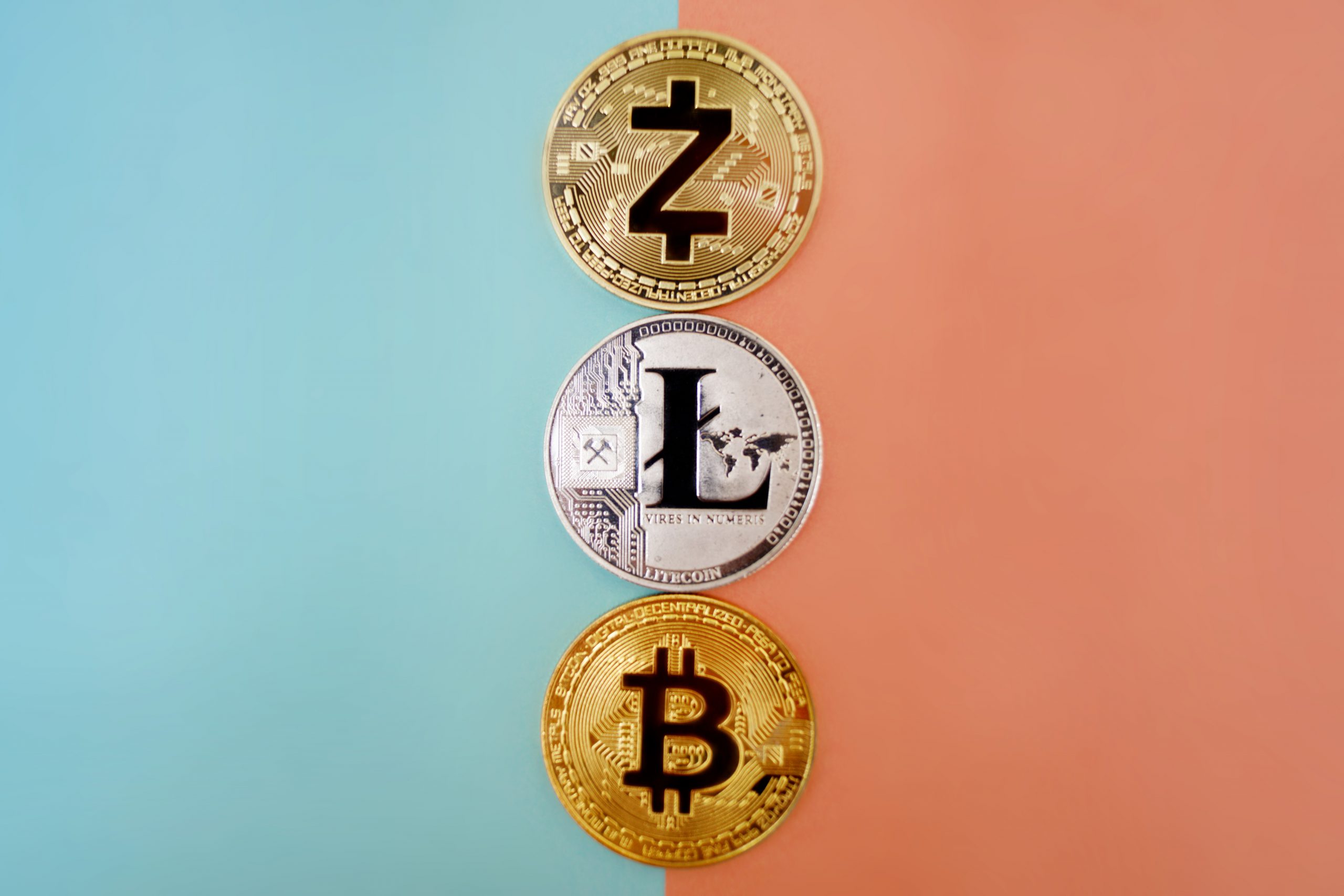
In recent times, cryptocurrency trading has gained huge momentum especially in Nigeria where it is ranked third in trading volume. Following the CBN’s reaction to the interest shown by Nigerians in cryptocurrency trading, including bitcoin the Central Bank has decided to launch its digital currency before the end of 2021.
The concern is primarily based on the premise that cryptocurrency trading does not come under any form of official or monetary regulation, therefore, allowing the trade to continue could result in loss of capital and investor funds if things went awry.
Following the Central Bank's directive, the Securities and Exchange Commission (SEC) suspended the approval of cryptocurrencies and related products in Nigeria. This came with the clause that Cryptocurrency operators remain in business only if such digital currencies are operating bank accounts within the Nigerian banking system.
The intense backlash against the regulator’s directive prompted a reaction from Vice President Yemi Osinbajo. He counselled that rather than impose a blanket ban on cryptocurrencies’ transactions, the situation called for a more robust regulatory framework that addresses the concerns raised about the cryptos without killing the potential of digital currencies in Nigeria.
This advice from the vice president may have informed or influenced the CBN’s volte-face in announcing the now awaited digital currency (CBDC) in Nigeria anytime before December 31, 2021.
Unlike cryptocurrencies such as Bitcoin that are decentralised blockchains and entirely dependent on market forces, a CBDC — central bank digital currency — is an instrument that replaces a physical banknote with a digital token or record. A central bank digital currency, or CBDC, creates another form of money. In its strictest form, a CBDC is a digital payment instrument, which is denominated in the national unit of account, or currency, which is also a direct liability of the central bank.
By now you might be wondering what are the benefits of the CBDC.
One benefit CBDCs could provide in Nigeria is reducing the cost of payments across the border. These costs get as though as ten percent because of our archaic and inefficient banking system. As payments in digital currencies are made directly between both parties in a transaction without any intermediaries, the transactions are at a low cost.
The Central Bank of Nigeria listed the benefits of the proposed digital currency to include macro-management and growth, cross-border trade facilitation, financial inclusion, monetary policy effectiveness, improved payment efficiency, revenue tax collection, remittance improvement and targeted social intervention.
Others are expansion of the financial technology (fintech) ecosystem through enhanced operational efficiency, opportunities for fintech start-ups in building services/products like financial inclusion that will contribute to economic growth and the creation of a new system complementing the traditional payment system.
Now that we have seen the benefits, it would be nice to know the disadvantages of issuing the CBDC in Nigeria.
Usually, the Central Bank monitors, regulates, and acts as a ‘lender of last resort during a banking crisis. With a CBDC, the central bank risks becoming the competitor of commercial banks in Nigeria. Commercial banks would be forced to compete with the more secure CBDC with higher interest rates, even if the CBDC would be non-interest bearing, it would still offer safety, especially in a zero or negative interest rate environment. Such a flight from commercial banks to the safety of the CBDC could be countered only with strict deposit limits to the central bank. It is questionable whether such limits could be maintained in a banking crisis as the crisis would, almost certainly, create political pressure to open the balance sheet of the central bank with a CBDC to all. This would lead to a situation where the banking system would consist of just one bank, the central bank.
Privacy may become a concern, depending on how the digital currency is designed. There is a probability the CBN creates central data. So, data collection and protection is a sensitive issue that requires extra care.
For this concept to permeate all strata of society will be an uphill task. This is because of the literacy level of the average Nigerian about how digital currency works, in addition to the prevalence of cash-based transactions and the informal nature of buying and selling in Nigeria. Hence, the banking sector regulator should also be ready to carry out extensive awareness programs to ensure that the digital currency can be seamlessly integrated into the current financial system.
What are your thoughts on the CBDC? Share with us in the comments.